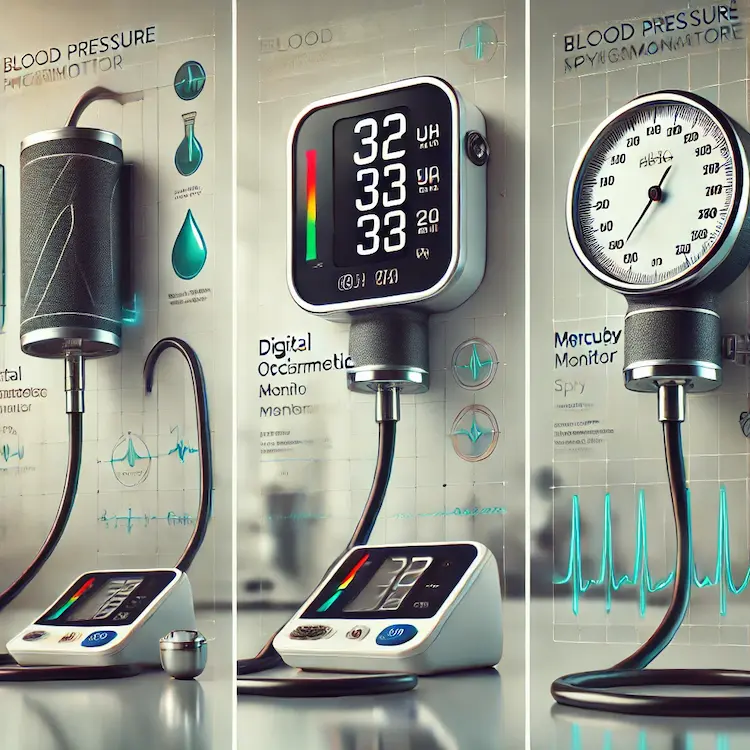Hypertension, or high blood pressure, is a major health concern for older adults, significantly increasing the risk of stroke, heart disease, and kidney failure. As life expectancy rises, managing hypertension becomes a priority for both individuals and healthcare systems. Sphyg, a trusted supplier of clinically proven medical equipment, provides solutions for health monitoring and therapy, ensuring older adults can maintain a high quality of life without compromise.
This article explores the importance of managing hypertension in older adults, its health and societal impacts, comparisons of different monitoring methods, practical strategies for blood pressure management, and how Sphyg’s innovative solutions contribute to better health outcomes.
Hypertension is a condition where blood pressure consistently remains above 130/80 mmHg. In older adults, it often results from arterial stiffness, lifestyle factors, and other underlying health conditions. Uncontrolled hypertension can lead to severe complications, including heart attacks, strokes, and cognitive decline.

Aging affects cardiovascular health, making older adults more vulnerable to high blood pressure. Contributing factors include:
According to the World Health Organization (WHO), approximately 70% of adults over 65 have hypertension, making early diagnosis and consistent monitoring essential.
Without proper management, high blood pressure can lead to:
| Condition | Impact |
|---|---|
| Heart Disease | Increases the risk of heart failure and heart attacks. |
| Stroke | Elevated blood pressure damages blood vessels, leading to stroke. |
| Kidney Failure | Hypertension damages kidney function over time. |
| Cognitive Decline | Linked to dementia and Alzheimer’s disease. |
Hypertension imposes a significant burden on healthcare systems and families:
A report from the American Heart Association (AHA) estimates that hypertension-related healthcare costs exceed $130 billion annually in the U.S. alone.
Effective hypertension management involves lifestyle modifications, medication, and regular monitoring.
Home monitoring plays a crucial role in hypertension control. Sphyg offers clinically validated monitors designed for ease of use in older adults.
| Monitoring Method | Pros | Cons |
|---|---|---|
| Oscillometric Monitors (Digital) | Easy to use, automatic readings, recommended for home use. | Less accurate for certain heart conditions. |
| Mercury Sphygmomanometers | Gold standard for accuracy. | Requires professional training, risk of mercury exposure. |
| Aneroid Monitors | Portable and affordable. | Requires manual inflation and auscultation skills. |

Sphyg’s digital monitors use oscillometric technology, ensuring clinically accurate, easy-to-read measurements that older adults can use independently.
Doctors prescribe antihypertensive medications based on individual needs. Common drug classes include:
Key lifestyle changes to control blood pressure naturally:
Sphyg provides advanced clinically validated monitoring tools that empower older adults to manage their blood pressure effectively.
Managing hypertension in older adults requires a multifaceted approach, including regular monitoring, lifestyle modifications, and appropriate medication. With Sphyg’s innovative blood pressure monitors, seniors can take control of their health, ensuring a longer and healthier life. Early detection and consistent management are key to reducing the risks of heart disease, stroke, and other complications.